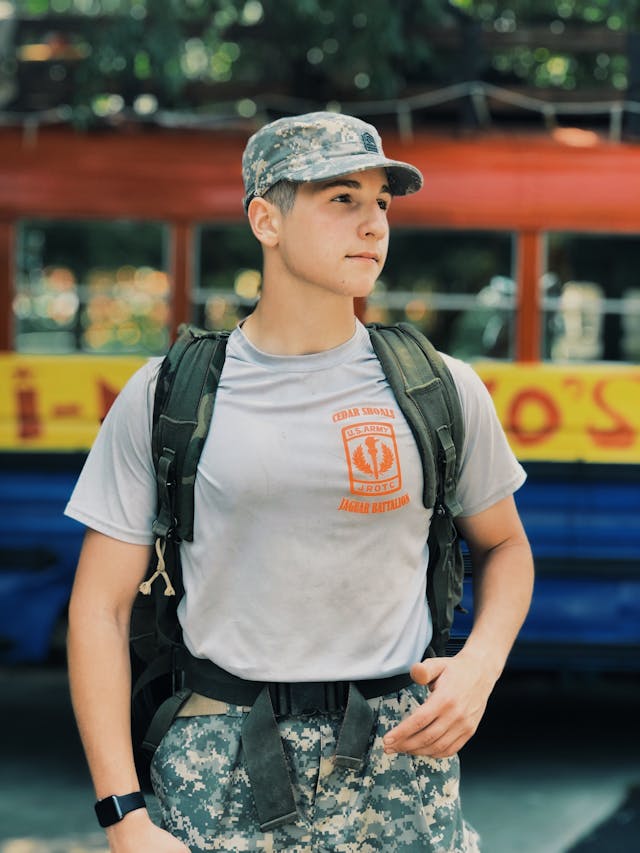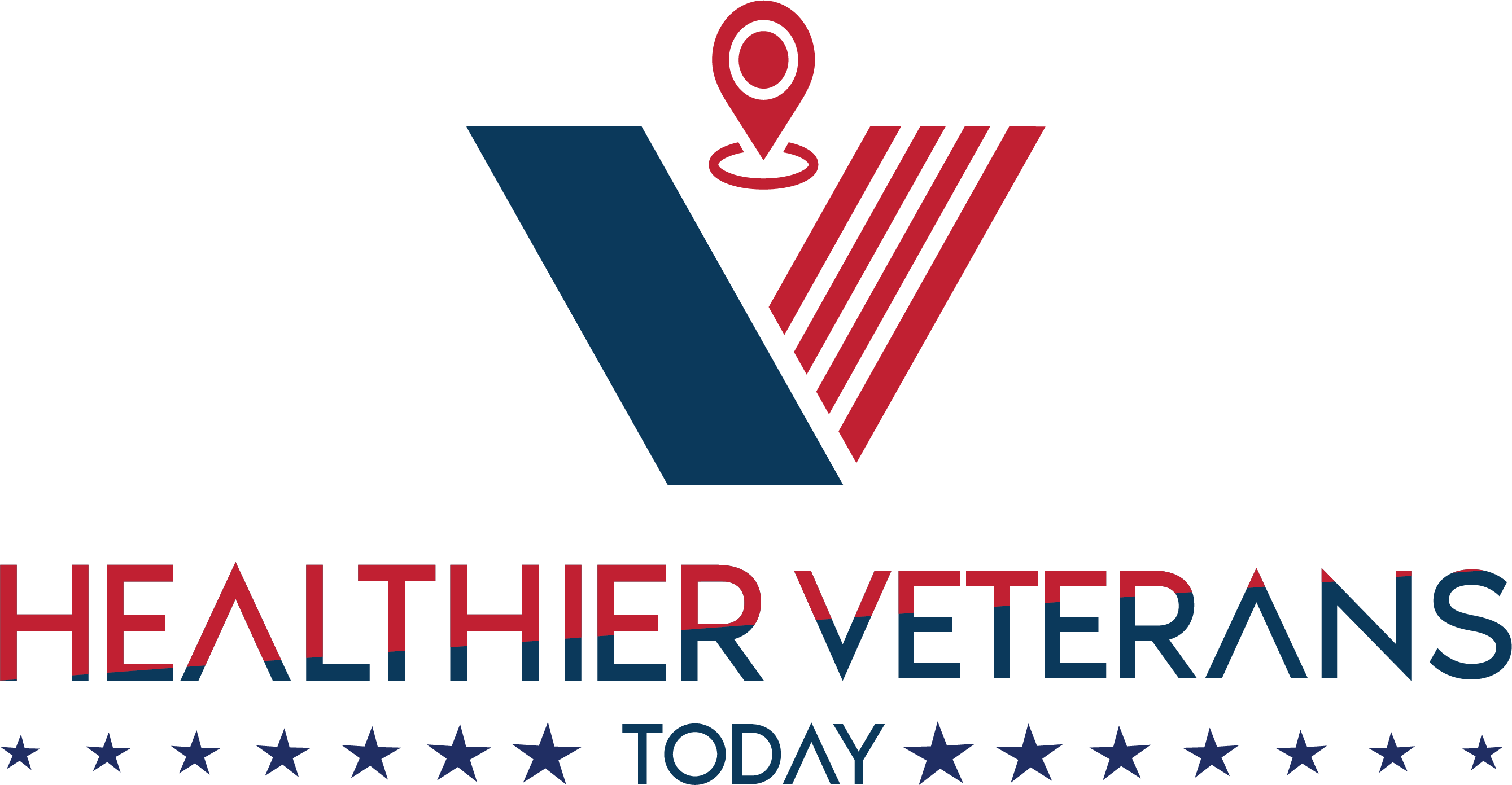The Admiralty Interview Board, commonly called AIB, is the most critical checkpoint for sailors in the Navy and any aspiring officer candidate. It is also a comprehensive evaluation to determine a person’s fitness for a leadership position in naval forces. Essential aspects determining success at the AIB require careful planning and comprehension of the challenges. This article goes into detail on AIB preparation and offers an exclusive analysis from the interviewer’s perspective to help candidates prepare for one of the most critical steps of their career path.
Table of Contents
Understanding the Admiralty Interview Board

The Admiralty Interview Board, or AIB, is a rigorous examination that measures the fitness of individuals to serve in leadership positions within naval forces. It covers tests and questions to evaluate one’s behavioral traits, intelligence, and suitability for executive positions.
The AIB usually includes a structured interview, focus groups and group discussions, a planning session, and practical leadership simulations. A group of interviewers, including Naval Forces officers and psychologists, evaluates candidates’ performance in all of these activities.
Thus, the interviewees should show leadership, communication, problem-solving skills, and dedication to the Naval Service’s values. The interview aims to assess the candidate’s ability to tackle pressure, work in a team, and make sound decisions. It is pivotal to comprehend these expectations when embarking on the AIB process.
Key Areas of Assessment

The Admiralty Interview Board, or AIB, assesses the candidates in as many fields as possible to determine their potential to lead the naval forces.
- Leadership Potential: Based on its analysis, the document identifies key aspects that apply to evaluating candidates, including the ability to lead, motivate, and direct others. These include initiative, decision-making, and preparing the team for change, particularly in complex environments.
- Problem-Solving Abilities: AIB assessors gauge one’s candidate’s ability to solve problems, analyze them, and develop the right solutions. This means being creative and agile and making sound decisions based on the available information during a crisis.
- Communication Skills: Organizational leadership requires efficient communication skills to complete their responsibilities effectively. Specific criteria comprise areas of clarity in idea presentation, their level of active listening and information delivery in a concise manner, ambitious problem-solver with excellent teamwork and multi-tasking skills proficiency in oral and written communication.
- Personal Attributes: AIBs also focus on the candidate’s personal attributes, such as values, initiative, adaptability, and ethical decision-making. They should present professionalism or professional bearing duty and a commitment to the core values of the naval service.
Candidates intending to score excellent results in the AIB and prepare themselves for leadership posts within the naval forces must master these key areas.
Practical Preparation Tips
Preparation plays a vital role in the success of the candidates to be interviewed at the Admiralty Interview Board (AIB). Let’s have a look at these practical preparation tips!
- Establishing a Study Schedule and Setting Realistic Goals: Develop a timetable that ensures adequate time to cover all subsections of the AIB. Effectively plan the preparation process and define detailed objectives you can achieve in each study session. Edit the problematic areas and spend some time reviewing and reemphasizing solid points. To avoid sitting down for many hours, especially during exams, ensure that you take regular breaks, get enough sleep, and take time to rest.
- Practicing Mock Interviews to Simulate the AIB Environment: By engaging in mock interviews, you will familiarize yourself with the format and expectations of the AIB. Poor role-playing arises from failure to practice with fellow participants, seniors, or trainers in exerting numerous emergent scenes during the AIB. Pre so to mimic the interview setting helps the candidate rehearse their answers several times, work on interpersonal skills, and increase confidence in dealing with difficult questions or situations. Be mindful of nonverbal communication, vocal intonation, and deportment to become professional and confident when conducting the AIB.
- Seeking Feedback from Mentors or Experienced Professionals: Seek advice from professionals who have taken or are taking the AIB exam or sailors with similar experience. Mock interviews or practice exercises must be conducted on prospective councils to receive critiques and recommendations on enhancing performance. Ask for suggestions regarding competence in leadership, problem-solving, interpersonal communication, or comportment. Integrate feedback data into your preparation plan effectively to overcome the problems before the AIB.
When applying these realistic preparation strategies, the candidates improve their realistic preparation level to ensure a high success probability of passing the Admiralty Interview Board and becoming qualified for leadership positions in the naval forces.
Insights from Interviewers

It is wise to learn from veterans who have gone through the AIB interview. Let’s learn about them!
- Common Mistakes Made by Candidates and How to Avoid Them: Professional engineers commonly notice interview applicants committing common mistakes throughout the AIB. These may include poor preparation, failure to showcase leadership qualities, poor communication skills, and poor problem-solving skills.
- Providing Insider Tips on Impressing the Interview Panel: Candidates are advised to be natural, truthful, and confident when meeting the panel because they make a first impression. One of the goals that a candidate must cease to achieve is to look like he genuinely likes the Naval Service, show that one truly understands its values and primary mission, and explain the main reason for entering the leadership race. Also, providing balanced viewpoints on social and political events, maritime concerns, and the histories of navies could help prove one’s readiness and interest in joining the field.
- Discussing Strategies for Success: Interviewers may suggest how candidates should proceed and the various strategies they can employ while in the AIB. These may include paying attention to your body language, maintaining a positive outlook, listening to the questions asked, organizing your response well, and being flexible if you receive negative feedback or any other challenge. The candidates should feel empowered to present themselves to the AIB with confidence while at the same time maintaining humility during the assessment process and embracing the process to learn from it.
With the help of these tips from the experienced AIB interviewers, the candidates can improve their performance, avoid mistakes, and showcase themselves as qualified and deserving leaders willing to join the ranks of a naval force as leaders.
Effective Communication Strategies
Here are some helpful tips for candidates:
- The candidate should ensure they coherently, rationally, and concisely present their ideas.
- It is pertinent to refrain from waffling or diversifying on some facts; one should report facts according to sections.
- Another essential determinant is active listening, which is carefully answering questions or prompts appropriately.
- Before answering a particular question, think about how your question will be most relevant to the question asked.
- Avoid using slurs, and keep a professional demeanor when being interviewed.
Handling Stress and Pressure
Stress management and being PRO, or remaining calm and level-headed, are keys to success at the AIB. Practicing specific relaxation exercises like deep breathing or visualization before and during the interview is helpful. Focus on capabilities such as expertise, licenses, awards, educational attainment, and other relevant achievements to build self-competence. Captivate optimism, where obstacles must be seen not as adversaries but as stepping stones toward achieving success. Concentrate on the activity you are currently involved in, and have confidence in yourself and your training when answering interview questions.
Conclusion

The Admiralty Interview Board requires proper planning, good communication skills, and patience. By closely following the practical tips and advice from those who have already faced the interview and getting familiar with the critical assessment areas, candidates can apply to the AIB confidently and quickly. Passing the AIB means more than passing an assessment; it represents the significance of leadership qualities and commitment. By courtesy and hard work, candidates can successfully maneuver the AIB and start a fruitful career in the naval forces.





